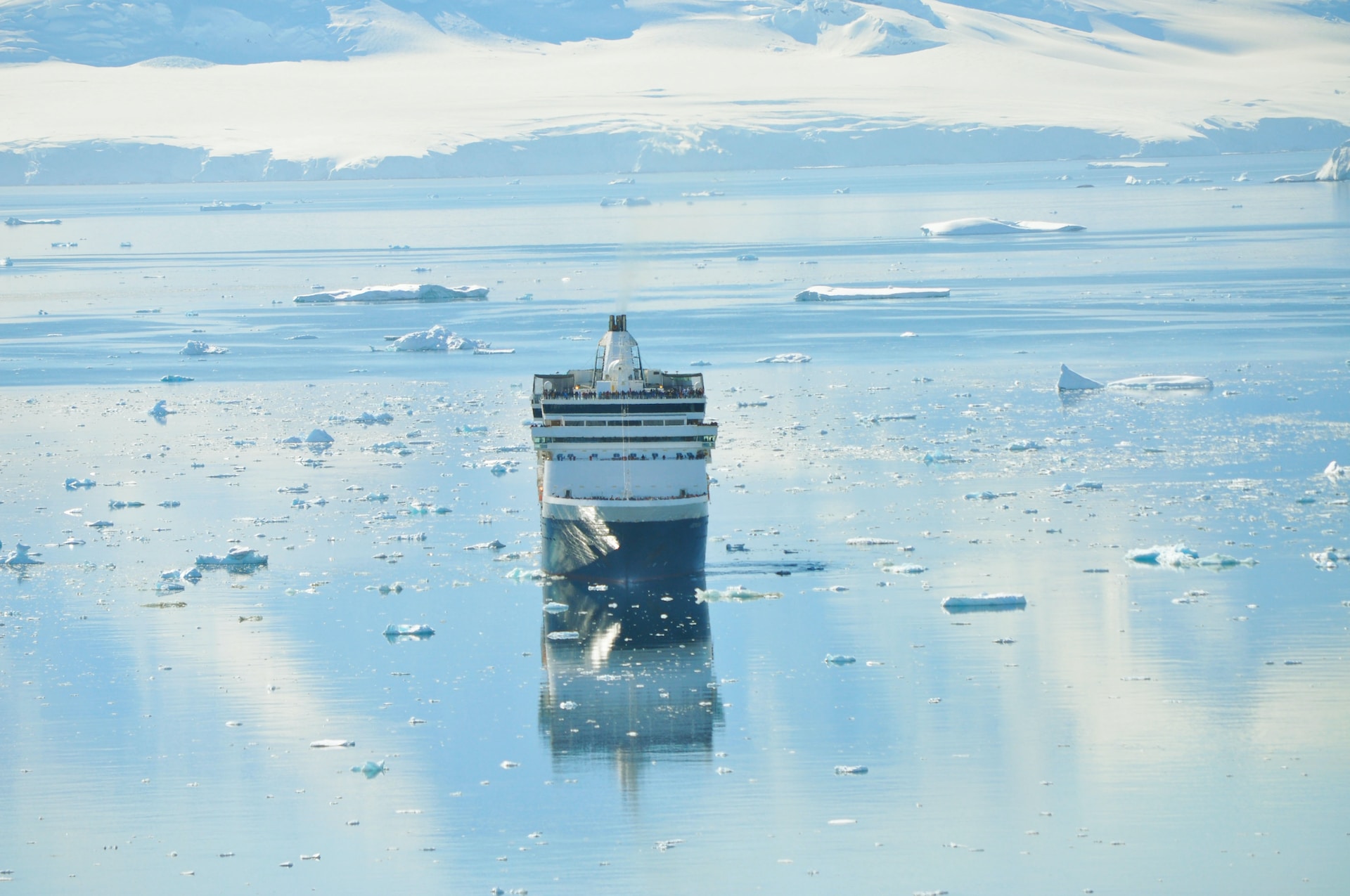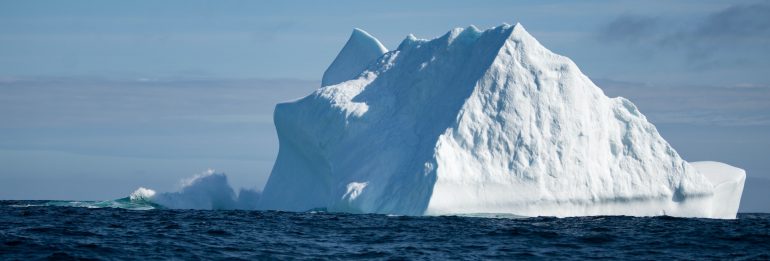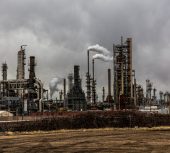The Antarctic marine ecosystem, already grappling with historically low sea ice levels, dwindling wildlife populations, and the onset of bird flu, faced another blow as an international conference failed to reach a consensus on establishing new conservation zones. The Russian delegation's opposition is primarily to blame for this setback, sources reveal.
Conference Highlights
The Commission for the Conservation of Antarctic Marine Living Resources (CCAMLR), which met in Hobart, Tasmania, deliberated on proposals to establish nearly 4 million square kilometers of marine protected areas. But the Russian delegation, which faced visa-related delays and arrived late, consistently hindered the discussions. Consequently, the debate regarding protected zones in the Weddell Sea, the western Antarctic peninsula, and east Antarctica will be postponed until next year.
The Science Speaks
The conference, attended by 26 national governments and the European Union, was presented with compelling evidence emphasizing the need for conservation zones. These areas are vital for preserving essential breeding and feeding grounds for various Antarctic species like penguins, seals, toothfish, and whales. The establishment of these zones is also pivotal in achieving the global target of safeguarding 30% of oceans by 2030.

Emily Grilly, WWF Antarctic Conservation Manager, expressed her disappointment at the lack of progress, especially given the alarming changes observed in Antarctica over the past year.
CCAMLR’s Legacy
Established by an international treaty, CCAMLR has been convening in Tasmania since 1982. Though it achieved a significant milestone in 2016 by sanctioning the creation of the world's largest marine park in the Ross Sea, further progress has been limited. As it stands, only 5% of the Southern Ocean, which comprises 10% of the global ocean, is protected.
Echoing Concerns
The US ambassador to Australia, Caroline Kennedy, accentuated the dire state of the Antarctic environment in her opening address. She highlighted the severe repercussions of the ice melt on the Antarctic peninsula, a staggering drop in sea ice levels around the continent, and a sharp decline in the Antarctic fur seal population. She also drew attention to the importance of Southern Ocean krill for global food security, emphasizing the increasing demand for krill due to its nutritional value.
Conservationists Speak Out
Claire Christian of the Antarctic and Southern Ocean Coalition remarked that while there's relief in existing conservation measures not being reversed, the commission's lack of ambitious decisions is disheartening. Andrea Kavanagh of the Pew Charitable Trusts stressed the dire consequences of inaction, citing the potential extinction of emperor penguins if the current trends continue.
Official Response
Australian Environment Minister, Tanya Plibersek, conveyed her disappointment over the meeting's inconclusive outcome. She affirmed Australia's commitment to collaborating with the commission to bolster protection measures for the Southern Ocean.
In Conclusion
The Antarctic's marine environment is teetering on the edge, and decisive action is imperative. While international conferences aim to foster collaboration and consensus, the recent meeting underscores the challenges that lie ahead. The world watches and hopes for more cohesive efforts in the future to safeguard this pristine environment.
©GlobalCO2.uk





